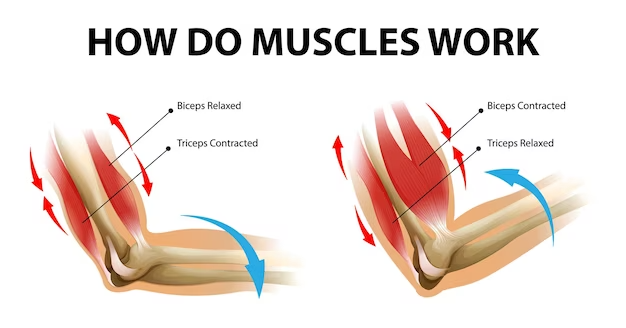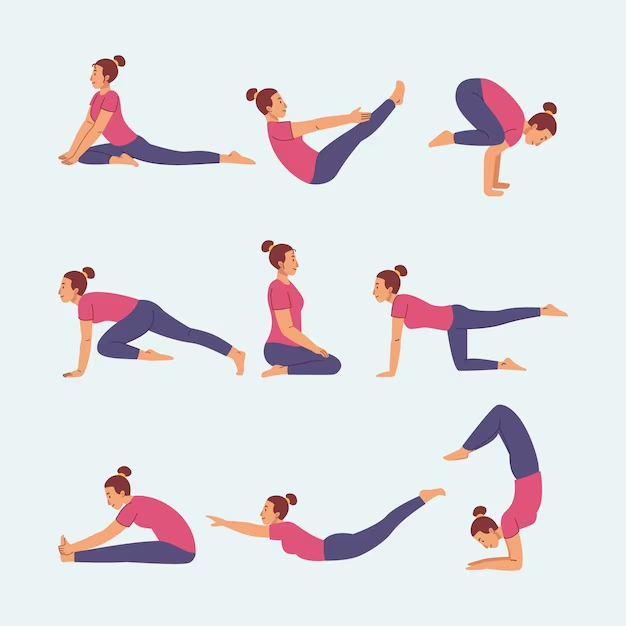Note: This article is for general information only and does not claim any medical treatment. Always consult your doctor for more information and make appropriate changes as per his advice.

Introduction:
It’s simple to overlook our physical health in the commotion of modern life. The importance of consistent exercise, however, cannot be emphasized. Exercise has a great impact on both our physical and mental health and goes beyond keeping a physically appealing physique. It is a crucial part of a healthy lifestyle. This blog will discuss the value of consistent exercise and offer helpful advice on how to fit it into your daily schedule.
Why Regular Exercise Matters:
Regular exercise has a wide range of advantages that improve our general health. Getting regular exercise is important for the following reasons:
1.Exercise strengthens the heart:-

Enhances blood circulation, and lowers the risk of cardiovascular disorders like heart attacks and strokes. a. Improved Cardiovascular Health.
2.Weight Management:-

Physical exercise aids in calorie burning, making it simpler to keep a healthy weight and lowering the danger of diseases linked to obesity.
3. Improved Mental Health:

Exercise releases endorphins, which improve sleep quality and naturally elevate mood by lowering stress, anxiety, and depression.
4.Higher Energy Levels:

Regular exercise increases your energy and stamina, allowing you to approach your everyday chores with vigor and enthusiasm.
5.Strengthened Muscles and Bones:

Weight-bearing exercises help build and maintain strong muscles and bones, reducing the risk of osteoporosis and fractures.
Types of Exercise:
There are many distinct types of exercise, each geared toward a different fitness objective. You can select the forms of exercise that best suit your interests and demands by being aware of the many varieties. Exercise routines that are popular include
a. Aerobic Exercises:

such as jogging, swimming, or dancing, are considered aerobic exercises.
b.Strength training:

Using resistance to develop and tone muscles, such as free weights or resistance bands.
c. Flexibility Exercises:

Stretching exercises that increase flexibility and encourage relaxation, such as yoga and Pilates.
d.Balance Exercises:

Exercises that increase stability and lower the risk of falling, especially for older persons, are called balance exercises.
How to Make Exercise a Routine Part of Your Life:
Adding fitness to your daily routine doesn’t have to be difficult. Here are some helpful hints to make it easier for you to fit exercise into your daily schedule:
Adding fitness to your daily routine doesn’t have to be difficult. Here are some helpful hints to make it easier for you to fit exercise into your daily schedule:
a.Start Small:
Start small and progressively increase the duration and intensity of your workouts as your fitness level rises.
b.Pick Activities You Enjoy:
Engaging in physical activities you enjoy will help you stay dedicated and motivated.
c. Make a Schedule:
To maintain consistency, schedule specified hours for exercising in your daily or weekly calendar.
d.Involve Friends or Family:
Working out with others can make it more fun. Take into account signing up for exercise classes or going on walks with others.
e. Mix It Up:
To avoid boredom and keep things interesting, try various types of exercises.
f. Establish a Routine:
Continue your fitness program even on days when you lack motivation. It becomes a habit more quickly the more you practice.
Conclusion:
Regular exercise has been shown to significantly improve mental and physical health as well as overall quality of life. We can take advantage of the many advantages exercise brings by realizing how important it is and putting easy techniques to incorporate it into our daily routines. So let’s embrace the gift of exercise and make it a crucial component of our quest for wellbeing to move closer to a better and happier existence.

